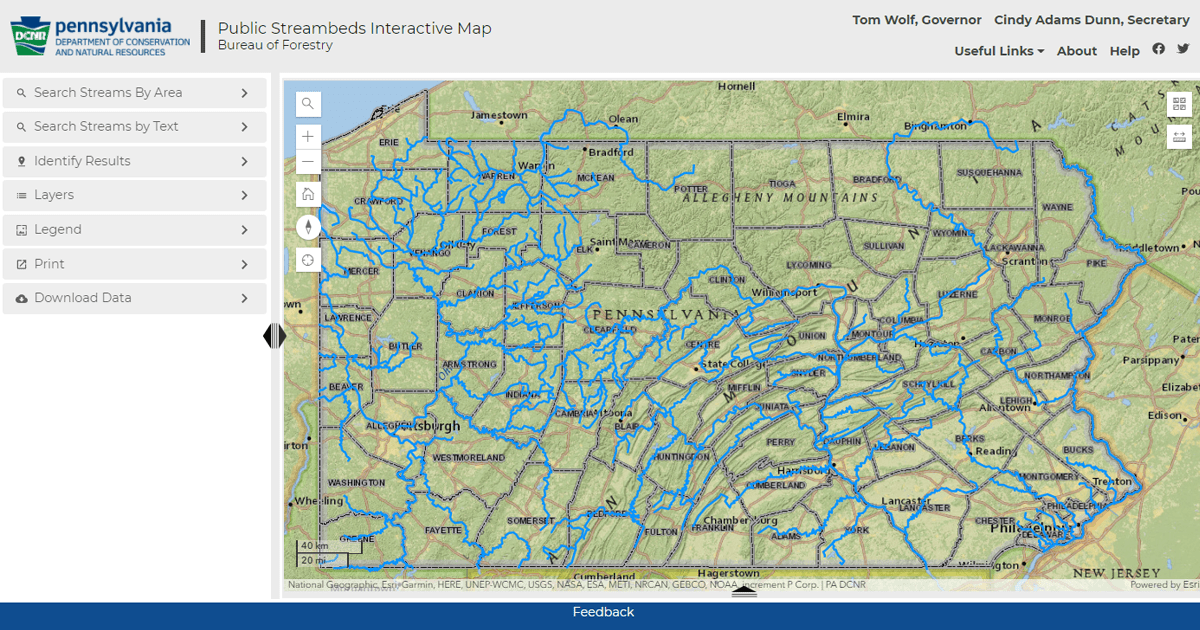Peyton
Active member
It wasn’t the land owners who were even involved, it was one of the club guys. I would understand if I was keeping the fish, but I’m letting them all go. Said club member made no mention of trespassing, just told me to leave and come back after Memorial Day. This is French creek in Chester county, lower stretches of it.Having obtained many special permits to run fishing tournaments on the Delaware river I can assure you the permits do not grant the tournament exclusive fishing rights to the fish in the waterway during the event or leading up to the event. The permit simply alerts the PFBC to the activity that they may wish to monitor. It also requires a catch and mortality report be filed at the completion of the event.
You need to know that if you’re told to leave private property and you refuse you are guilty of a misdemeanor 3 crime. Granted that’s only a max of 90 days in the slammer and a $5000.00 fine but I’m still not risking arrest by arguing something I know nothing about other than what I learned on the internet from others equally as ignorant on the law as I. It would be cheaper to buy your own trout and throw them in a creek so you can catch them. that’s not my kind of fishing no matter who bought the fish. I’m sure the club thinks there’s a good chance you and your friends are going to this section because you heard about big store bought fish stocked by the club. if this kind of fishing was my thing, I would join the club instead of looking for an angle to argue and risk arrest.
I'm with Bamboozle, if you like stream access stop arguing maritime laws with landowners. My property is my property, nobody else’s. If there is a trout stream running through it, having a fishing license does not make it your property and I do not lose my right to deny access. It’s really that simple.






